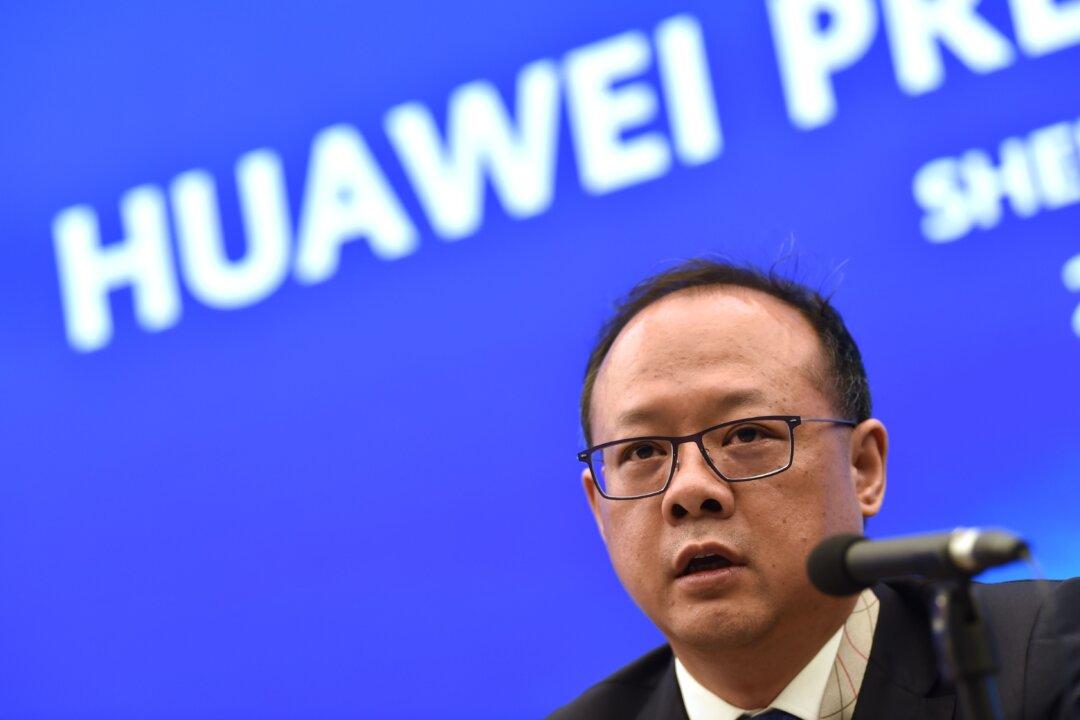U.S. chipmakers Micron, Qualcomm, Intel are among a handful of American firms that have resumed supplying tech parts to Chinese telecom giant Huawei, after initially suspending them due to a U.S. export ban that forbade the Chinese firm from doing business with U.S. suppliers, according to the Wall Street Journal (WSJ). A former Commerce Department senior official said that the ban has a legal loophole, but that it could be fixed.
The U.S. administration has warned of Huawei’s risks to national security due to its close relationship with the Chinese regime, claiming that its products could be exploited by Beijing to conduct espionage, charges that the company has continually denied.





